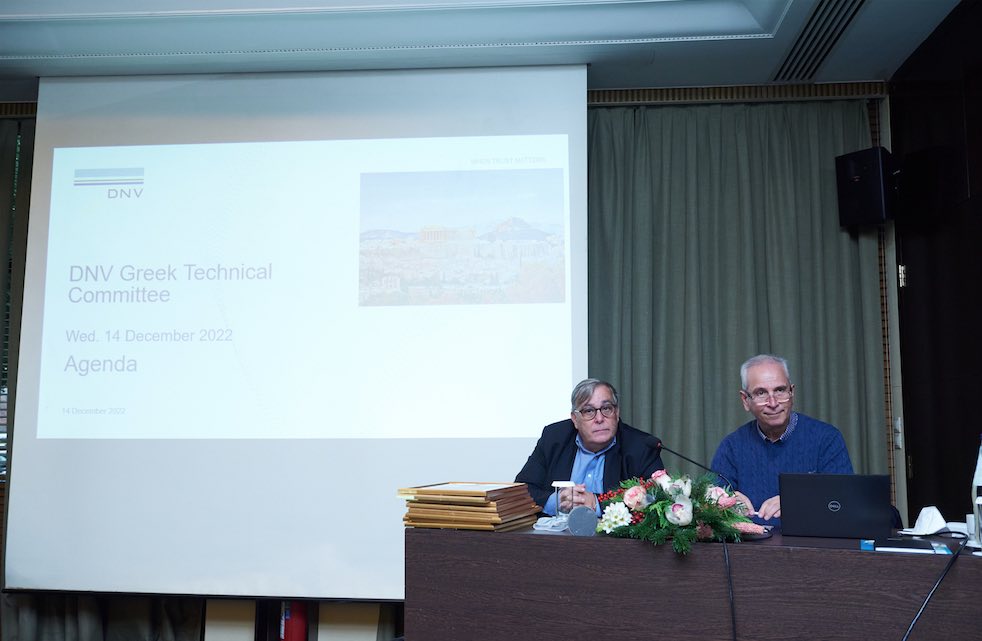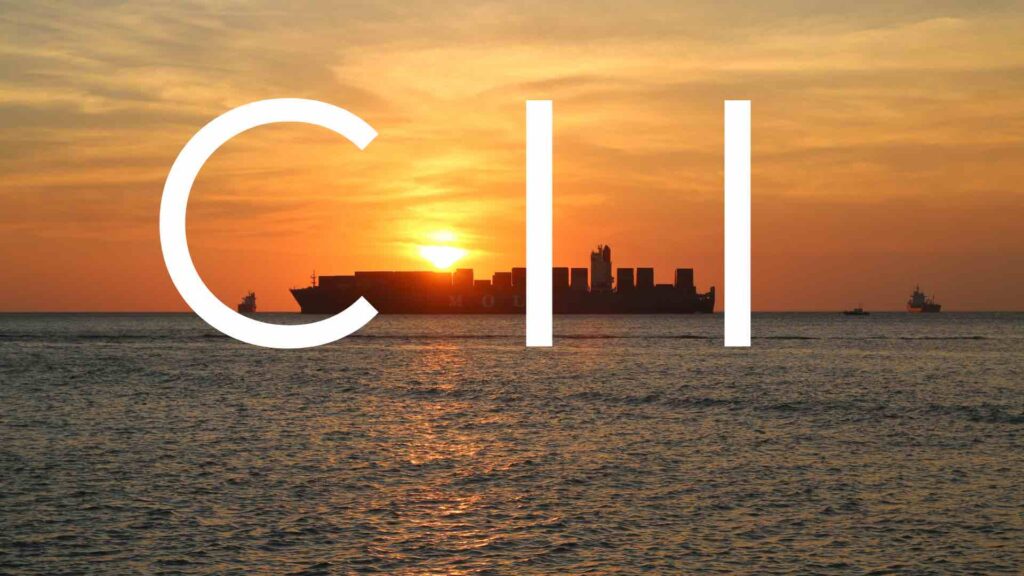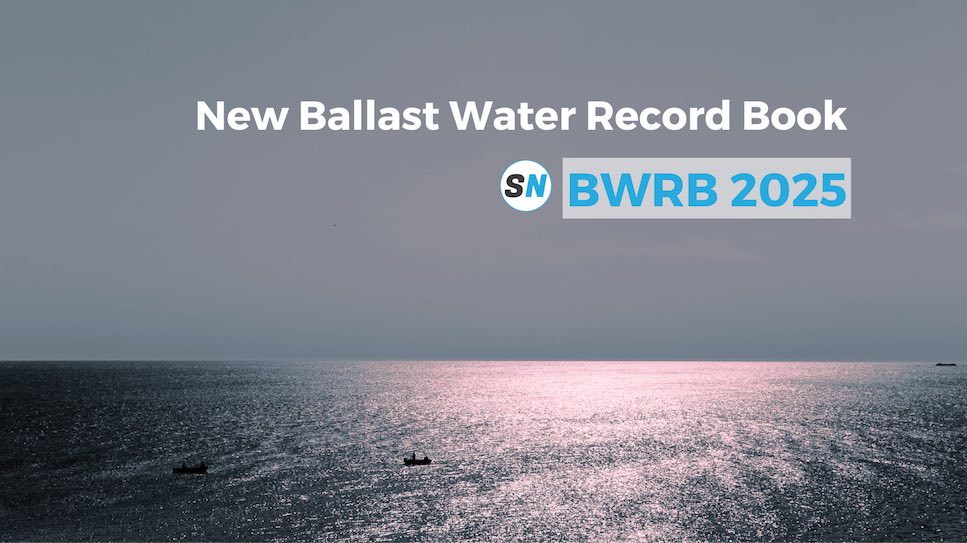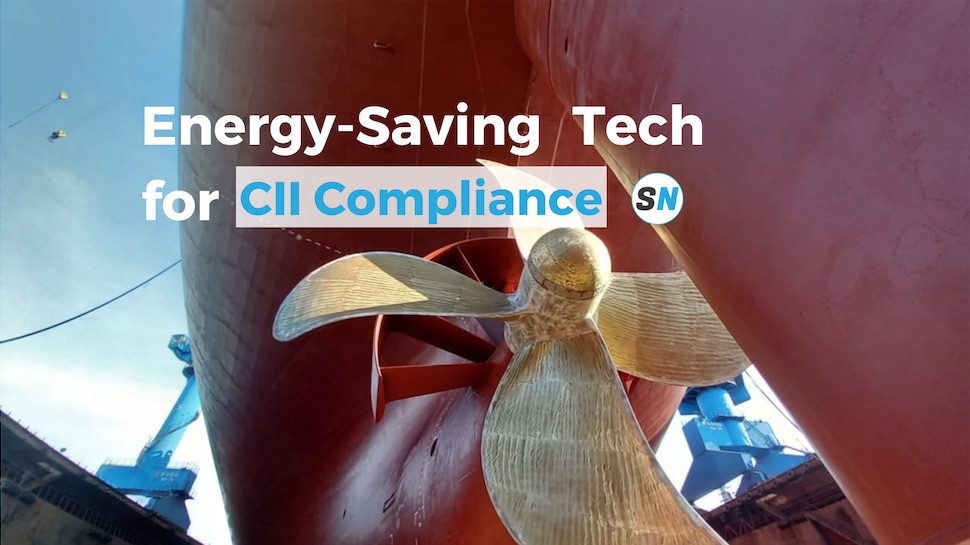28 November 2024
ESG, decarbonization & energy crisis in the limelight.

DNV welcomed the key stakeholders of the Greek shipping community to share insights on the latest industry trends and debate how the global energy crisis and socioeconomic transformations affect the shipping market.
Table of Contents
Concept
DNV’s Greek Technical Committee (GTC) took place the last December in Athens. The event, the second GTC for 2022, chaired by Mr. Stavros Hatzigrigoris, came in the form of a debate. Meaningful discussions took place during the meetings of the three workgroups, and the participants raised to-the-point comments for consideration. The coordinators of each group presented in the plenum the key takeaways. Particularly concerning, the current requirements and challenges that the maritime industry is facing at an international level.
Decarbonization and new technologies concerns
Working Group (WG) 1 discussed Decarbonization. Including the revised GHG strategy, CII and practicalities, MBM, the impact of EU’s different regulatory requirements, bio-fuels, etc.
Mr. Stavros Hatzigrigoris, Chairman of the GTC, and Mr. Jason Stefanatos, Regional Decarbonization Director, DNV Maritime, coordinated this session.
“For me, it was clear that apart from the EEDI/EEXI part of the forthcoming regulations, there is a lot of work to be done regarding the technology related to new fuels, decarbonization and carbon capture…
Stavros Hatzigrigoris, Chairman of the GTC
The only available and tested to various degrees technologies for new fuels are LNG (leaving the methane slip aside), LPG and methanol. Availability and infrastructure continue to appear to be far behind the wishful thinking schedule. The discussion on new ship designs (possibly larger and slower ships) seems to be a kind of taboo for the industry. The reasons for this have to be further discussed and explained,”
Need for an ESG culture that aligns with regulatory and societal demands
The topic of WG2 was Sustainability and ESG. Among the points discussed were the stakeholders and their requirements (charterers, cargo owners, financers, insurers, media, employees) and how to address them, industry standards, economic/ environmental/ social/ governance challenges, etc.
This session was led by Mr. Sokratis Dimakopoulos, Chief Operating Officer, Minerva Marine Inc. and Vice Chairman of the GTC, and Mrs. Chara Georgopoulou, Head of R&D and Advisory, DNV Maritime.
“We had a very interesting discussion, and an active engagement on the issue of Sustainability/Environmental, Social and Governance (ESG) and on how shipping is affected, and also on the risks/main challenges that shipping companies are facing related to ESG…
Sokratis Dimakopoulos, Chief Operating Officer, Minerva Marine Inc. and Vice Chairman of the GTC
As it was widely acknowledged, due to the set decarbonization goals, the shipping industry is currently experiencing increased attention towards ESG from multiple stakeholders like Charterers, Cargo owners, Financers, Insurers, Media, etc., who require a transparent and fact-based/structured disclosure by the shipping companies of their sustainability policies/targets/ performance. Risks related to societal and environmental aspects and the need for an ESG culture were identified as highly important for ESG reporting. It was noted that several of the members of the Technical Committee have already started issuing their ESG annual reports which are prepared in accordance with applicable standards such as Global Reporting Initiative (GRI) and Sustainability Accounting Standards Board (SASB). However, the WG members noted that there could be a risk of duplication, increased administrative burden, use of additional resources and as such further work is needed in this area to ensure harmonization of applicable reporting requirements and KPIs.”
Adoption of a holistic approach to the environmental footprint
WG3 reflected on the current Energy crisis & Shipping. Mr. Vassilis Lampropoulos, Chief Operating Officer, Thenamaris (Ships Management) Inc. and Vice Chairman of the GTC, and Prof. George Dimopoulos, Consultant, DNV Maritime, led the discussions concerning the impact of the energy crisis affecting the market and driving the regional developments. The group reflected on its consequences on various shipping segments, how technologies and fuels evolve, the opportunities and challenges ahead, and safety concerns.

CII Calculation: Carbon Intensity Indicator Guide
How to calculate the CII rating? We debunk its complexity by simplifying the procedures based on IMO guidelines.
Ship Nerd
“During our group’s discussions, it was very clear that the Energy landscape is changing and is changing fast…
These changes are driven by several factors – the ambition to aggressively reduce the GHG footprint and eventually become net 0, the geopolitical and technological developments, the increasing dependency on energy, the need to find viable energy sources and carriers, as well the increased energy costs and the emerging energy trades.
Shipping, either as an energy consumer or an energy carrier, must adapt in a very tight timeframe with significant uncertainties. The path to a Clean, Affordable, Safe, Practical and Available energy solution, remains very hazy.”
Vassilis Lampropoulos, Chief Operating Officer, Thenamaris Inc. and Vice Chairman of the GTC
Summary
Mr. Lampropoulos summarized the key takeaways of the discussion:
- For a successful outcome, vessels and shipping should be approached in an integrated manner, not in isolation. The integration and interaction with shore and terminals should be assessed and planned together.
- Adoption of a holistic approach to the environmental footprint should take place as early as possible. Hence, to ensure a viable path without overturns on implementation. Late discussions on “fuel well to wake footprint” and delayed recognition of the distorted rating the CII offers on the efficient use of vessels are typical examples that should be avoided.
- Given the very tight timeframe, a natural selection process \ approach might not be suitable this time. A more prescriptive approach, targeting specific solutions might help avoid delays, create a solid plan and secure a better outcome.
- The increasing complexity on board the vessels through the introduction of more complex systems brings the requirement of specialized knowledge and significant time from the crew on board to operate. This can potentially distract the crew on board shift the focus and potentially lead to unsafe conditions.
- Finally, the energy costs will continue to increase. Thus, efficient use of energy on board the vessels will keep being high on our agenda, and adopting energy-efficient designs and devices should expand.
Find video from the session here.
See Also

Rightship’s maritime environmental predictions for 2023
RightShip’s team of sustainability and environmental experts give their predictions and ‘ones to watch’ for the maritime industry in 2023.


